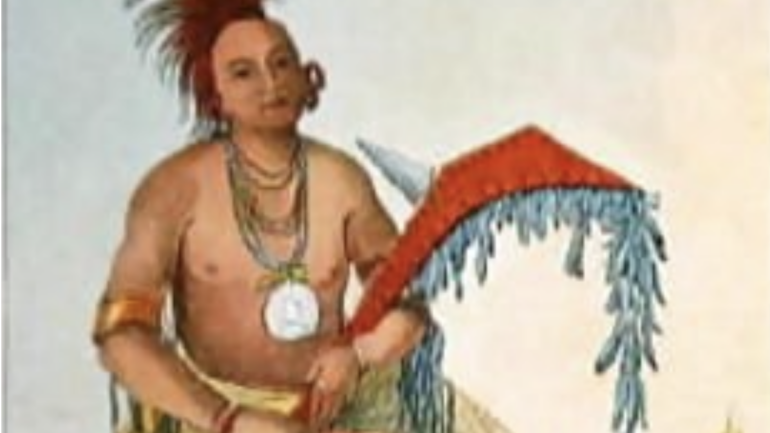Telling the History of Claremore…one story at a time
In honor of Will Rogers’ family, this contains portions of the article written by Myron A. Hurd and appeared in the 1953 Ranchman magazine, which featured one of Will’s sisters, Sally.
I have always stated, without fear of contradiction, that “Pleasant Valley” affords one of the prettiest landscape views to be seen in Rogers County. The valley as seen from the ridge south of Cherokee Central Schoolhouse, which is five miles west and two south from Chelsea, is always worth driving several miles to see.
This “Pleasant Valley” of Rogers County was chosen by two of Indian Territory’s first citizens for the site of their home and a place to raise their families. It was here that Tom McSpadden brought his young bride, Sallie Rogers McSpadden, in 1885 to their first home after a honeymoon in New Orleans, whence they travelled by train and saw, among other things, Alexander Dumas’ great novel “Count of Monte Cristo” on stage, an emotional experience the young wife cherished in her remote primitive home.
In a sense the valley was not as pretty then as now, for the tall bluestems carpeted the valley like a bear skin rug and there were few bushes and trees to break the monotony of green grass everywhere in the spring and summer and the bluish haze in the fall. But it was dear to her and her husband because of its bountifulness when they were getting a start in life. Being, as they were in those days, so dependent upon the soil and the smile of Nature for their existence, the spot was endeared to them and their children. The song of the lark, the cardinal, bluebird and field sparrow were a delight to their ears. Nature’s brilliant colors were a delight to their eyes. And wild turkey, deer, prairie chicken, waterfowl and quail were a delight to their stomachs. Those were the rewards for living close to the soil and to Nature.
Their neighbors were few and far between. The Fox Dannenburgs lived two miles southwest. The Becks lived two miles east. The Jesse Cochrans lived two miles northwest. It was about ten miles southwest by trap (buggy) over circuitous, rough trail to the home of her mother, father, and brothers and sisters, the Clem Rogers. Aunt Sallie McSpadden, as she was later to be known in Chelsea by her many friends, was the first of Clem Rogers’ children to marry and leave home.
The pioneer life to which Tom McSpadden and his bride pledged themselves was nothing new to them. Sallie had been reared in Indian Territory, after the family’s return from Texas during the Civil War and Tom was a Trail Driver in the early 1870’s.
Although Mr. McSpadden moved his family to Chelsea, he always kept a herd of cattle. After he died in 1937, Sallie kept a hired man, a cow and a team for a long while. Having lived close to the soil all her life and looked to it for her sustenance, she could not be happy without a garden and her feet on the ground and her hands in the dirt.
Tom McSpadden’s father was a circuit riding Methodist minister and Tom and Aunt Sallie maintained a religious atmosphere in their home. Sallie played piano or organ, and they both sang church hymns and songs. At the brush arbor church in Pleasant Valley, they had mostly Indian families who knew little English.
Tom ordered a small organ from Carl Hoffman in Kansas City, and he and Sallie would hold Sunday School services at the brush arbor. They always had grace at the table and each child had to say a Bible verse. If they had guests for the night, the guests were informed the night before that they would be expected to recite a verse from the Bible the next morning at breakfast. Some of their friends ridiculed them for their severity about religion but they never wavered in their beliefs and rituals.
The Memorial Methodist Church of Chelsea remains hallowed to the McSpaddens because their grandfather McSpadden established it and Tom and Sallie perpetuated it.
The McSpaddens celebrated their golden wedding anniversary in 1935 with friends and relatives present from all over Oklahoma. Sallie McSpadden is reputed to have had as much wit and insight into human nature as did her brother Will. Mrs. Walter Ferguson wrote in the Tulsa Tribune in 1935 about Aunt Sallie, after Will’s death. She stated: “Had she been born a man she, too, would have been famous in some fashion. Fate decreed she should be the sister of Will Rogers. For her, it has been enough.”
It is here they find “Precious Memories” of those lives so nobly and honestly lived during years when pioneers carved a civilization out of the wilderness and confusion that was the Cherokee government during those troubled years.




